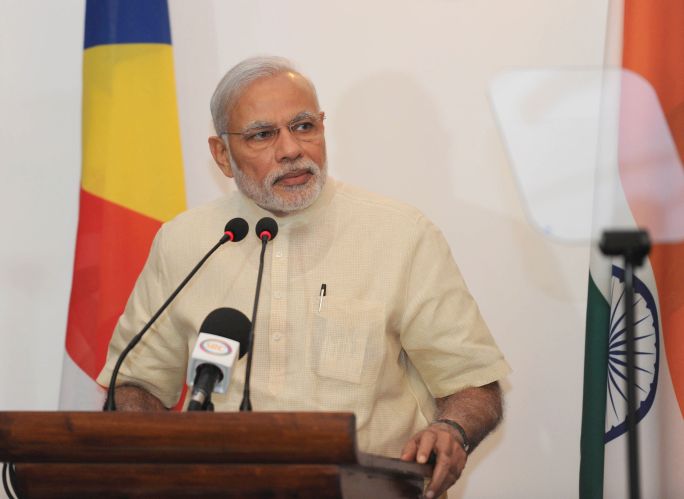Nepal’s Role as a Mediator in SAARC
 Nepal called on member countries of the South Asian Association for Regional Cooperation to work through their political tensions after five of the eight member countries boycotted the nineteenth SAARC summit, which was initially scheduled to take place in November. The boycott, which India initiated in response to the recent Uri terrorist attacks, threatens the relationships between participating countries by imposing political views on what is supposed to serve as a trade conference.
Nepal called on member countries of the South Asian Association for Regional Cooperation to work through their political tensions after five of the eight member countries boycotted the nineteenth SAARC summit, which was initially scheduled to take place in November. The boycott, which India initiated in response to the recent Uri terrorist attacks, threatens the relationships between participating countries by imposing political views on what is supposed to serve as a trade conference.
Afghanistan, Bangladesh, Bhutan, India, and Sri Lanka were the five countries who boycotted the upcoming conference, which was scheduled to take place in Islamabad, Pakistan. Their response is intended to condemn the recent terrorist attacks on an Indian army base in Kashmir, where anti-Indian militants believed to be from Pakistan killed nineteen soldiers in Kashmir, India. Given that a majority of the SAARC members have united against Pakistan with the boycott, India considers the boycott to be a victory in its effort to isolate Pakistan in the international community.
However, the act of isolating Pakistan contradicts the initial purpose of the SAARC organization and the regional summit, which was to further cooperation between countries. SAARC was initially founded in 1980 in order to promote political and economic unity in the South Asian region. There were several broad objectives behind the development of the organization, but the primary goals included strengthening economic growth and cultural development.
Nepal, the current SAARC chair, released a statement condemning terrorism and urging the nations to put aside political issues for the benefit of the region. As a country which has remained removed from the India-Pakistan conflict, Nepal hopes to maintain its neutrality by encouraging interaction and cooperation amongst the countries within the region.
Representatives from Nepal are holding talks with member states in order to encourage the countries to come to a compromise, but there remain deep tensions that are unlikely to be resolved in the near future. It is still uncertain as to whether the boycott will realistically lead to a change in existing problems between the two countries.
With both India and Pakistan stubbornly sticking to their beliefs, it may be up to Nepal to act as an objective mediator and restore peace within the region.
